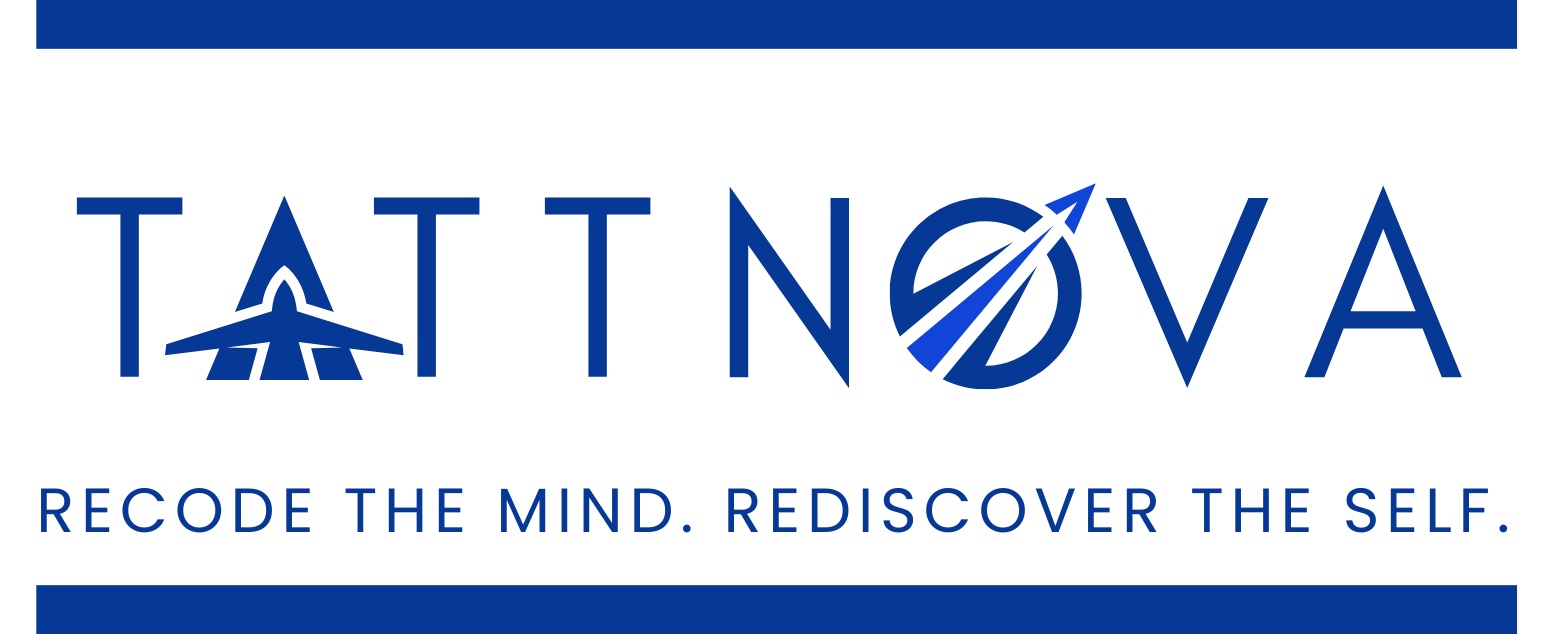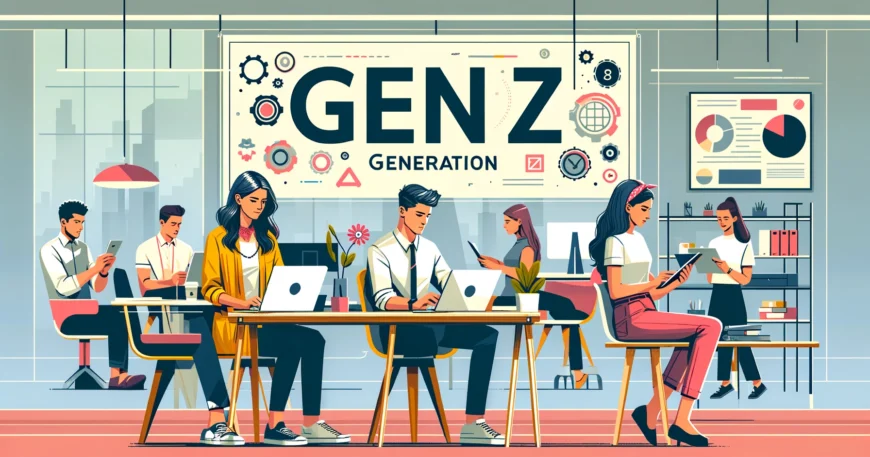A new generation has entered the workforce—and they’re rewriting the rules. Gen Z, born between the late 1990s and early 2010s, brings a unique blend of digital fluency, social consciousness, and entrepreneurial mindset that is reshaping how organizations think about work, culture, and leadership.
Unlike previous generations, Gen Z did not gradually adopt digital tools—they were born into them. This “digital native” status influences how they communicate, learn, and engage with the world around them. But their impact on the workplace goes beyond technology. Gen Z is redefining what it means to be employed, what leadership should look like, and what makes work meaningful.
Rethinking Authority and Feedback
Gen Z employees tend to challenge traditional corporate hierarchies. They are not easily impressed by job titles or tenure. Instead, they value transparency, access, and real-time feedback. The idea of waiting a year for a performance review feels outdated to a generation used to instant responses and constant iteration.
This demand for continuous feedback should not be seen as entitlement, but as a desire to grow and stay aligned. Leaders must move from command-and-control models to mentorship-driven engagement—where employees are not just told what to do, but are involved in why and how.
Purpose Over Paycheck
While financial stability matters to Gen Z, it’s not their primary motivator. This generation seeks purpose, impact, and alignment with personal values. They’re more likely to choose employers that take a stand on social issues, support sustainability, and foster inclusive cultures.
They want to work for companies that are not just economically successful, but ethically grounded. This places pressure on leaders to articulate a compelling mission and walk the talk—because Gen Z can see through performative gestures quickly.
Flexibility as a Standard, Not a Perk
Remote work, flexible hours, mental health days—these are not “nice to haves” for Gen Z; they are expectations. Having grown up in a world of climate anxiety, political unrest, and economic volatility, they prioritize mental wellbeing and work-life integration.
Organizations that cling to rigid structures risk losing top talent. Instead, the future workplace must be designed for adaptability—where work is measured by impact and output, not presence or process.
Listening, Not Labeling
It’s easy to dismiss Gen Z as “demanding” or “fragile,” but doing so overlooks the transformational potential they bring. They are pushing for conversations about equity, mental health, and workplace culture that were long overdue.
Rather than trying to mold Gen Z into old systems, companies must co-create new systems—ones that listen deeply, include diverse perspectives, and evolve continuously.
The Real Challenge: Unlearning Old Models
The Gen Z shift is not a generational challenge—it’s a leadership challenge. The real work lies in unlearning outdated assumptions about productivity, loyalty, and motivation. It’s about embracing a new contract between employer and employee—based on trust, co-creation, and shared purpose.
By building cultures that are inclusive, transparent, and values-aligned, organizations will not only attract Gen Z—they’ll future-proof their entire workforce.





